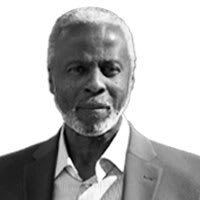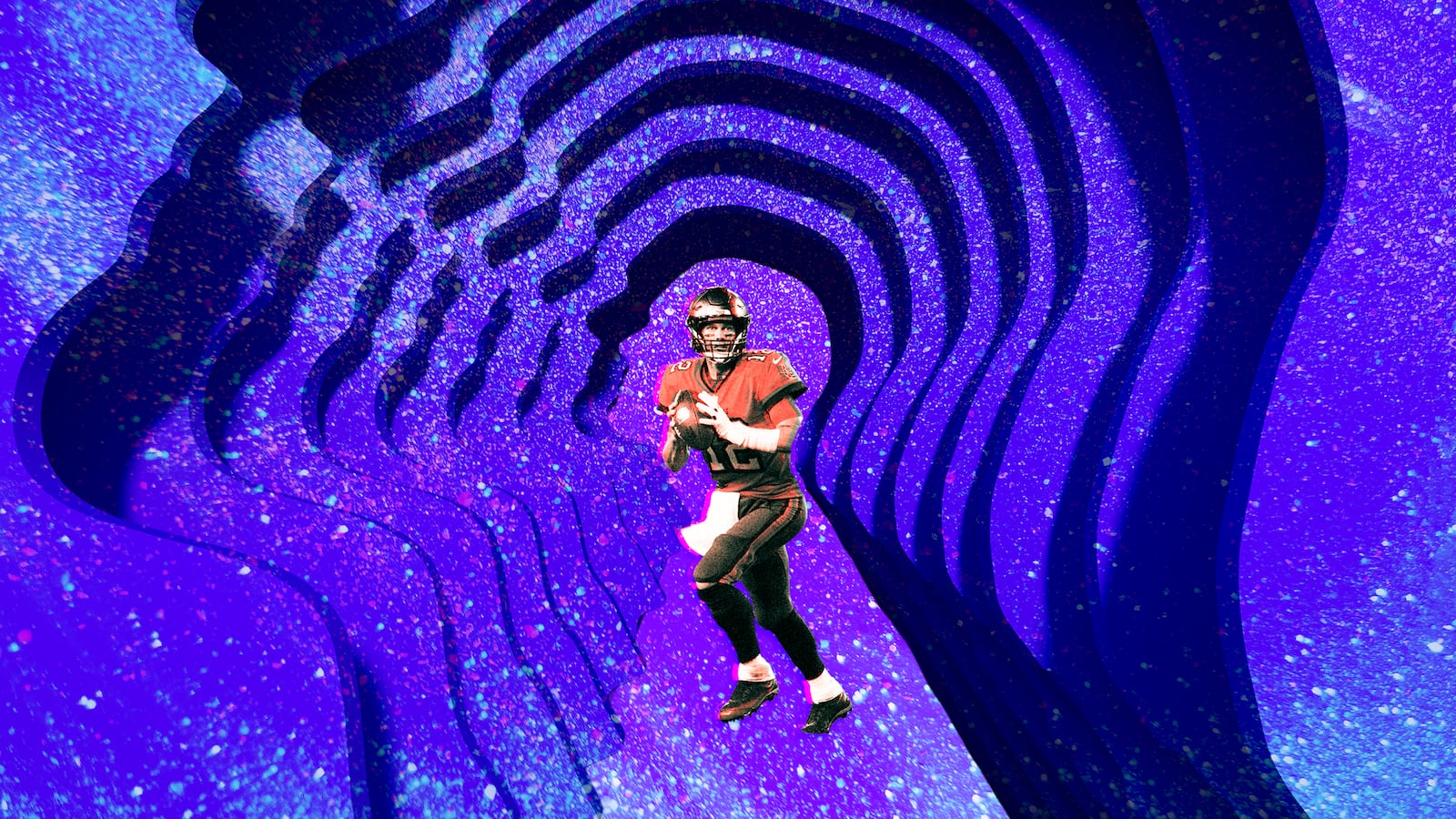Having worked as a peak performance coach with Tom Brady, seven-time Super Bowl champion, and Michael Phelps, 23-time Olympic gold medalist, I know just how much each man is committed to his own mental health and wellness. I met both of these peak performers when they were searching for that “secret sauce” to give them an advantage over their opponents.
Even when he was the seventh-string quarterback on the University of Michigan football team, I could already see that Brady was totally committed to one mission: to be the best “peak performer” he could be.
I met Phelps when he was training at Michigan, and I could clearly see that he had some issues to deal with. But like most people, especially men, he was threatened by the very idea of ever needing or asking for help.
I asked both men to begin seeing themselves as more than just athletes. I challenged both of them to understand that their self-worth and self-esteem must never be measured solely by their physical performances. (It is so gratifying to see how Phelps, especially, has become such a true ambassador and advocate for mental health.)
But how would I compare peak performers like Brady and Phelps to the average person who is simply longing to be comfortable in their own skin? How do you get anyone to even start talking about mental health or counseling?
The questions I asked Brady and Phelps are the same questions I would ask anyone, even the most successful peak performer in any field—because even the highest-achieving individual likely “gets in their own way” in unconscious ways.
The CEO of a major corporation might already have access to exceptional resources designed to make them more effective at their job, so why would they still need a consultant?
Because they can’t see what they can’t see.
A mental health counselor is a consultant trained to help you identify blind spots or gaps in your self-awareness, and to identify the ways in which you think or act that could sabotage your own success.
For a CEO who cannot see every possible obstacle or opportunity that their company needs to recognize and address, the counselor can help them understand how their own attitude and behavior may need to change in order to better lead their company forward.
Working with a mental health counselor can lead to breakthroughs and strategies to overcome obstacles in your own head, unhappy memories of childhood trauma that can still haunt you and trigger anxiety, depression, and “self-defeating attitudes and behaviors.” The counselor can help you examine the habits that are working for you and to increase awareness of the habits that need to be corrected.
You may discover that you need to face all of the “negative self-talk” that is holding you back. You may need to stop the onslaught of fear and self-doubt. Or it may be as simple as challenging you to overcome the fear of failure and to teach you to “Stop being afraid of being afraid!”
The concept of mental fitness can be a game-changer, just as it has been for so many high-performance athletes. Understanding that at each level of excellence (athletic or otherwise), your mental fitness must become as important to you as your physical fitness, can open the door to discovering how to deal with all of your mental health and wellness issues.
How does mental fitness fit into the overall picture of heath and wellness, and what are the tools you can use to improve it?
If I asked you to describe the components of physical fitness, you might talk about cardiovascular training, flexibility, muscular strength, stamina, endurance, and so on. And there are tools to improve each one of those attributes of physical fitness.
As a counselor and peak-performance coach, some of the tools I have used to improve mental fitness include “mindfulness training,” breathing techniques, critical self-assessment skill development, assertiveness training, resource utilization, and diminishing one’s aversion to asking for help.
Because in training to be the best in any pursuit, the quest must include identifying and eliminating any threat to success that may be found in your own mind. It’s so easy to lose sight of the fact that the greatest enemy can be the enemy within. We can become trapped in a battle with past traumas, and we may carry yesterday’s baggage into our relationships with partners, friends, co-workers, and others.
We can all benefit from learning the skills to train for mental fitness.
We will all experience trials and tribulations in life. We will encounter heartache, grief and loss, tragedy, and disappointments. We will all be traumatized in some way during our journey.
Just as “recovery time” is a key component of physical fitness, our mental fitness can be measured by how fast, how often, and how successful we are at “recovering” from all of these negative experiences in our life. And sometimes, we need a coach, a consultant, or a counselor to help bring us back from the edge, and to support us in becoming the kind of person who can stay sane—and thrive—in an insane world.









